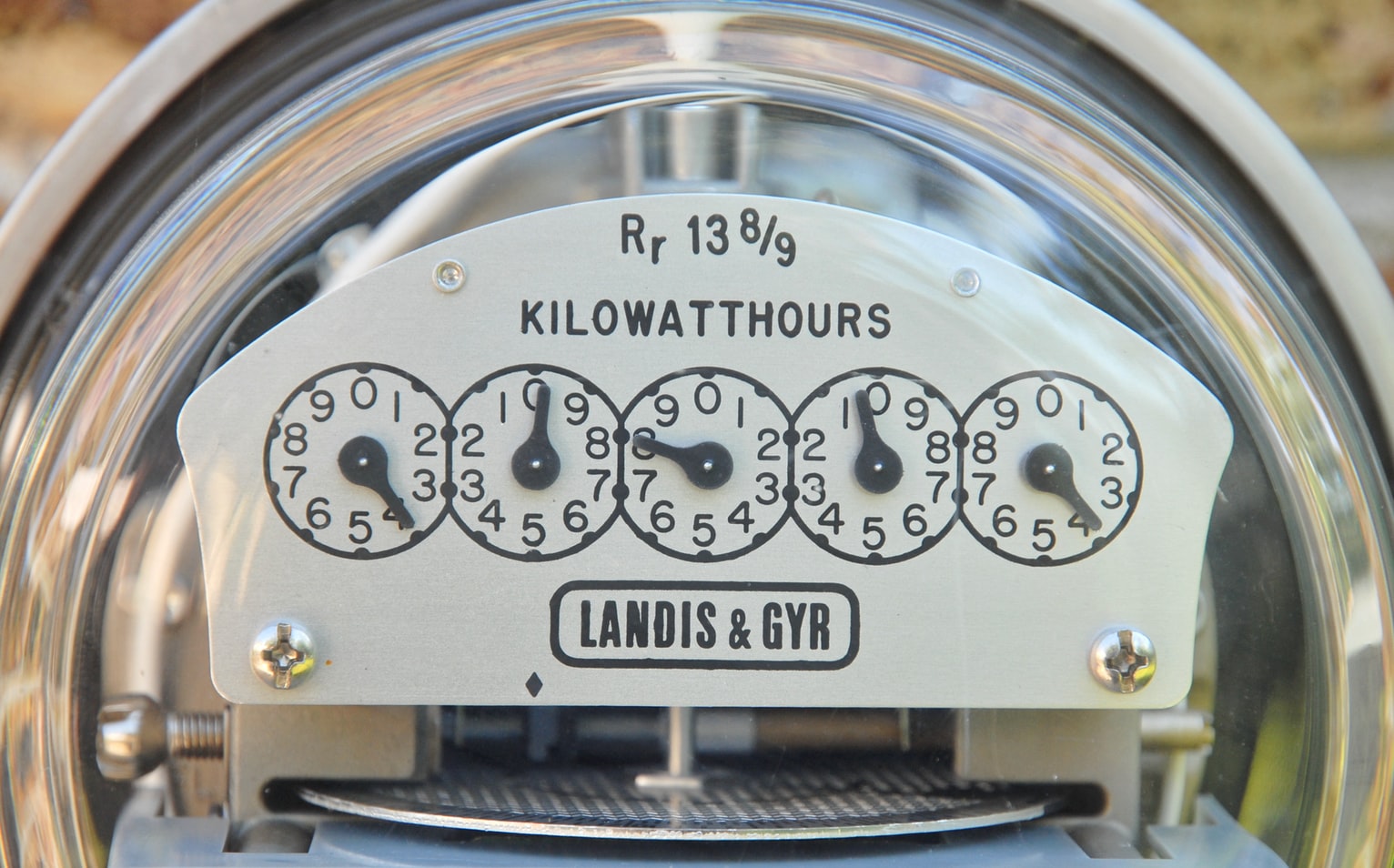Energy consumption is one of the greatest concerns of homeowners these days. The energy bill is a huge burden on families’ resources, and as a result, they look for ways to reduce it.
HVAC systems are responsible for a big portion of energy bills and need to be taken care of. Having an efficient HVAC system is essential if you want to save money during extreme weather conditions.
In this article, we’re going to present some tips to help families reduce their energy consumption by improving the performance of HVAC systems.
Consider a regular service
Your HVAC system should have a regular maintenance schedule. To ensure that your system is working at its most optimal settings, schedule an annual service with a licensed HVAC service provider. Also, make sure the parts are in good working order.
Don’t set the HVAC system at extreme temperatures
The systems must have optimal temperature ranges in order to use energy efficiently. To determine the ideal temperature range for your system, read the owner’s handbook completely. Your expert can also assist you in determining the optimum energy-saving temperature range.
Temperature swings should be avoided as much as possible. On a hot day, for example, don’t turn the air conditioner all the way down. It’s not a good idea to have your air conditioner set below 24°C. Your HVAC system will have to work harder and less efficiently as a result of this.
Insulate and seal your home
Most families only consider limiting air infiltration during the winter months. But even in the summer, you should make sure there are no air leaks. Any air leak reduces the performance of your HVAC system by allowing warm or cooled air to escape.
Make sure all of the doors and windows are closed. Your doors should be well-sealed against the elements. Although enough ventilation is necessary, excessive ventilation will result in energy waste.
Inadequate insulation might cause the HVAC system to lose warm or cooled air. You may get your home’s insulation levels checked by an insulation specialist.
Window treatments have a significant influence on your home’s heating and cooling loads. Keep the curtains and blinds on your south-facing windows open throughout the day to allow light into your home during the winter. Close the windows at night to keep the chill at bay. To keep the heat from outside out, keep the window covers covered during the day.
Go smart
With the use of programmable thermostats, HVAC systems may be designed to use less energy.
When you are not at home for 8-10 hours in the winter, the DOE suggests lowering the room temperature to 15 degrees. In the summer, they recommend raising the temperature by around 15 degrees if you are not going to be home for half the day. This will result in a 15% increase in yearly energy savings.
The advantage of a programmed thermostat is that you won’t have to regulate the temperature manually every day. You may easily set it to conserve energy by changing the temperature. It also has the added benefit of being timed, so you won’t have to worry about leaving it on all day.
Use de-stratification fans
Fans that employ de-stratification (balancing temperature) to gently mix the air from the ceiling to the floor and wall to wall can save electricity. Also, remember to turn off these fans when they aren’t in use.
Check your air filters
Dirt and debris can clog air filters, necessitating specific attention. Damaged filters put extra strain on the unit, wasting energy. They must be replaced every season.
Aside from that, you should change the filters on a regular basis. This is a simple task that you may complete on your own.
This is how you do it:
- Check for trash lodged in the filters by removing the filter.
- Keep the filters exposed to light to check whether they can pass through. If it doesn’t, you’ll need to clean the filters.
- To begin, clean the filters using a toothbrush or some similar item.
- Soak the filters in soapy water for a few hours, then dry them to check whether the light goes through them again. If it does, you can reapply those; otherwise, the air filters may need to be replaced.
If air filters aren’t maintained, they have a life expectancy of roughly 2 to 3 months. They can easily run for a year, if not more.
Keep your coils and vents clean
A filthy or clogged ventilation system is no match for even the finest filters. Keep furniture, drapes, bookshelves, carpets, and other items away from supply vents, and clean and clear away any dust that collects around them on a regular basis to allow air to circulate freely through your duct system.
For tight slots, a moist, soapy towel and an old toothbrush might be used. To avoid standing water, dry the vent slats once they’ve been cleaned. Remember to turn off your HVAC system before removing the vent cover to avoid dust from flying into your face.
Conclusion
Several useful tips were presented that will help you reduce your energy bills in the upcoming year. If you don’t have the budget, these tips would be great for your family because buying a new HVAC system is so costly. You just need to apply these tips soon before you face extreme weather conditions.
